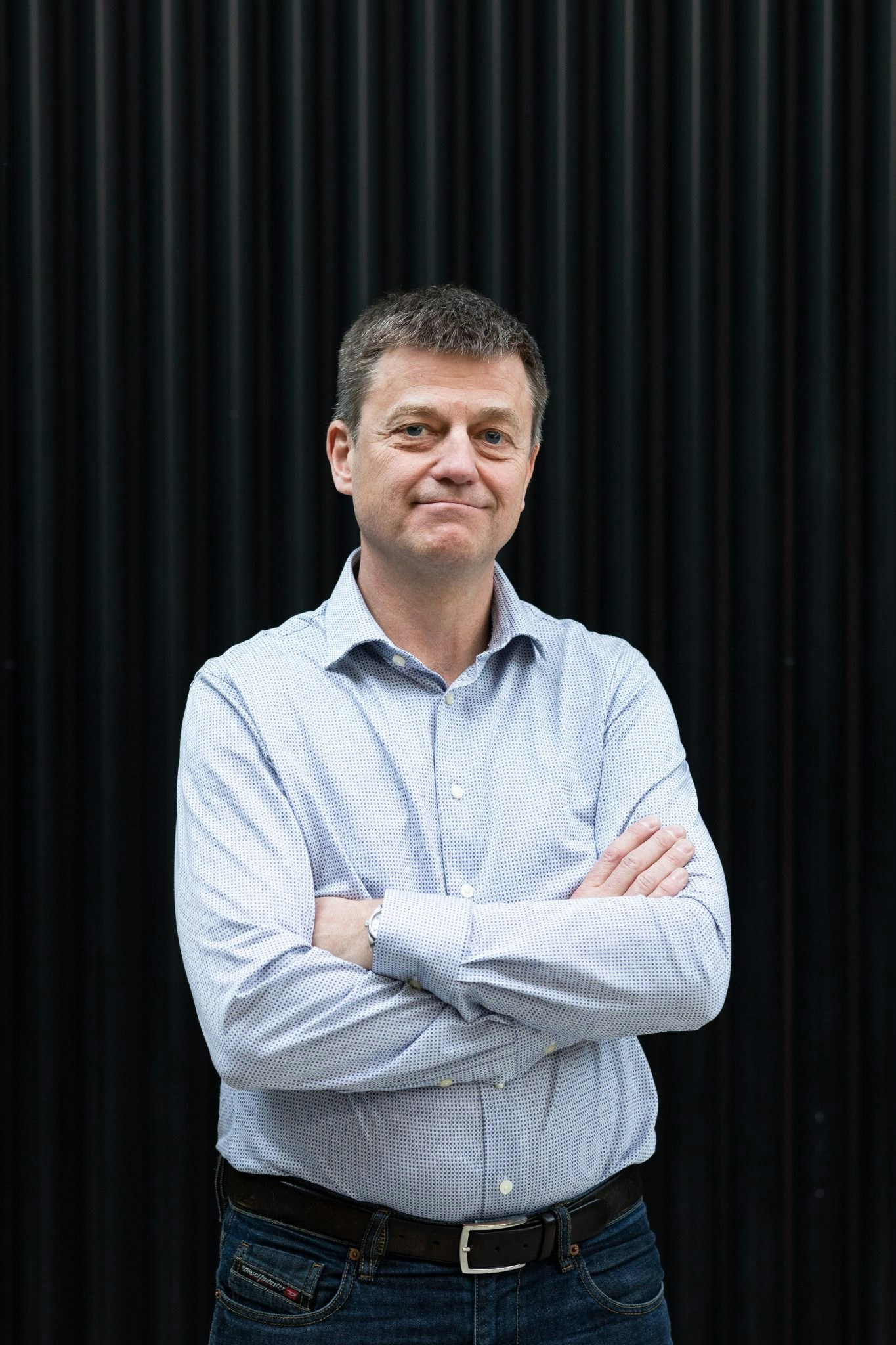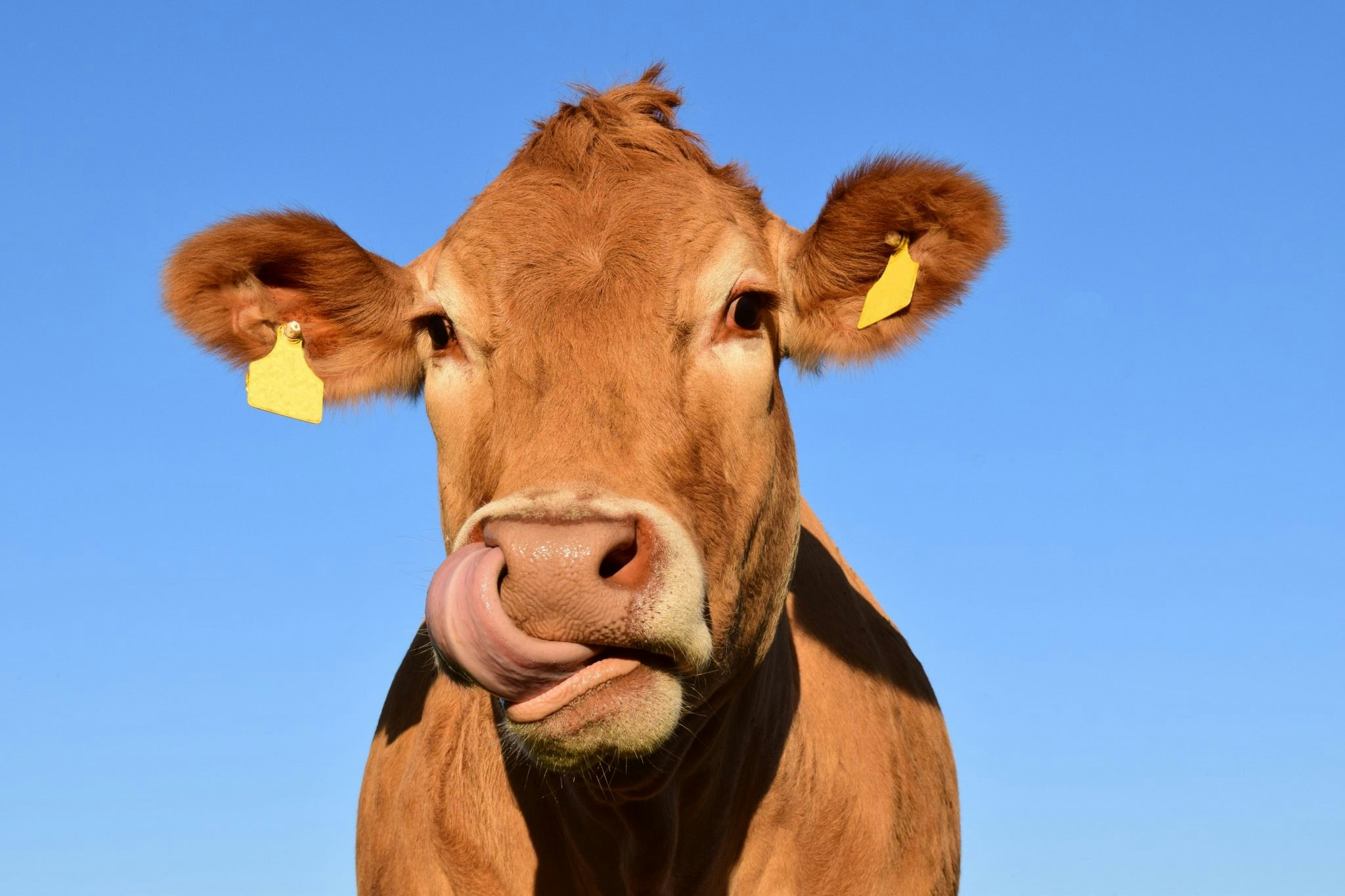Far too much packaging is made to last for longer than the people who use it; one estimate suggests there will be more plastic than fish in the oceans by 2050 if companies and consumers continue as normal.
Soon, that won’t just be bad for food companies and retailers’ public image; it’ll be bad for the bottom line too.
Fifty-one nations have joined the High Ambition Coalition to End Plastic Pollution, which is pushing for a treaty that will limit production of plastic, with binding targets for every nation that signs the pact. If approved this year, it could mean additional regulatory risk and scrutiny for businesses.
Stronger curbs on packaging are also coming to Europe. France and Belgium have introduced fines for non-recyclable packaging; the UK and other member states are expected to follow suit.
And so — to meet the impending business demand — scientists and startups are scouring the fields and oceans for viable plastic replacements.
We meet some of them in our new Sifted report, published today.
Fake plastic love (and hate)
Some startups say they have ready plastic substitutes. London-based Shellworks, which has raised £5m from investors, says its nifty bottles — made from microbes — will disintegrate like a twig or a branch if left outside.
Another UK company, Notpla, VC-backed to the tune of £16m, has created dissolvable seaweed capsules people can drink from as well as containers that have the decency to go away when no longer wanted. Mushroom-based moulds from Dutch company Grown.bio and sheep wool from Estonia’s Woola are sold today as drinks packaging.
Will biomaterials save the world? Not everyone thinks so. “Recycle facilities hate them,” says Victor Dewulf, CEO of Recycleye, developer of AI software that can sort waste materials. “Customers may love these things but it makes the whole system a lot more complicated.”
The typical recycle plant is filled with multiple whizzing conveyor belts, with technology or people to separate aluminium, paper, plastic, glass and other materials. Few waste centres have sensors to discover biomaterials among the rubbish, meaning they’re likely heading for landfill. That would be fine if these materials were sophisticated enough to dissolve harmlessly into the ground — but many aren’t.
Still, it’s not all about whizzy biomaterials. Another bunch of innovators are trying to achieve change with a practical pitch that promotes reusable packaging and refill solutions. One of these startups is PIZZycle in Germany which has come up with the reusable pizza box, which is essentially two round plates, following the outline of a pizza, that can be cleaned in the dishwasher and “used several hundred times”, according to the company.
Delivery delay
If it's felt like a slow journey for a lot of these ideas, it’s because it’s really hard to replace everyday packaging without something synthetic involved.
Arriving at a bio-based or biodegradable material good enough to replace plastic is fickle work, because it’s undeniable that plastic — cheap to produce and incredibly durable — has helped make daily life more convenient, affordable and, in some cases, safer.
And if you’re coming for plastic’s crown, there’s a lot of questions to answer: can your substitute material be produced at scale? You need a lot of mushrooms to outcompete a paper mill. Is it financially sound? If it’s an organic material, is it anywhere near as cheap as plastic?
If the business model is centred around reusable containers, how can startups be sure customers won’t get lazy and drift back to packaging that doesn’t require drop off at a cleaning depot? Also, is the alternative not just ethical but desirable too? (We're all suckers for an attractive design.)
The trash mountain to climb
Corporates have little choice but to move. Going green isn't simply a desire to do good: often there’s a compelling economic case for minimising synthetic packaging.
There’s also a generational play. Millennials and Gen Z shoppers rank sustainability as a key factor in their shopping decisions.
Policymakers are slowly marching companies in this direction too. Stricter laws on single-use packaging — including bans on straws and other items — across Europe and beyond are driving the growth in alternative packaging and bio-based materials innovation.
But even while governments make small steps to tackle trash piles, we still can’t get enough of plastic. More than a third of the food sold in the EU now comes wrapped in plastic, and each of the continent’s 510m residents produces about 31kg of plastic packaging waste per year. Only about 9% of plastics ever manufactured have been recycled.
And things are forecasted to get dramatically worse: the amount of plastic waste produced globally is expected to triple by 2060, with around half ending up in landfill and less than a fifth recycled, according to OECD, the governmental think tank.
“So banning straws doesn’t touch the sides of the problem,” says Niall Dunne, CEO of Polymateria, a UK company that has created a formula to transform plastic items such as bottles, cups and film into harmless sludge. “This is a runaway train, it isn’t stopping. But you can’t afford to be pessimistic. You need to boil it down into a material sciences challenge and an infrastructure challenge.”
Considering that packaging is responsible for nearly half of our plastic waste, there’s a big prize for anyone who can curb its explosive production.
Seaweed, edible sprays, mushrooms, wool: packaging is about to get very different. Get up to speed on Europe's top packaging innovators — and their biggest challenges to going mainstream — here.


